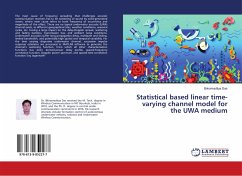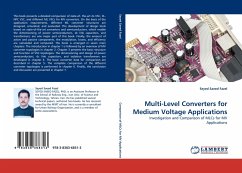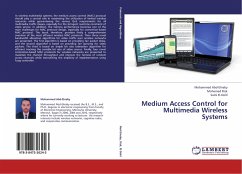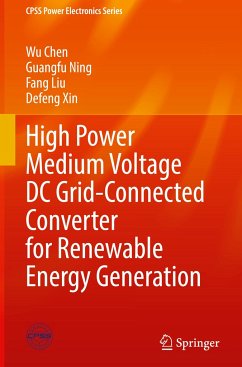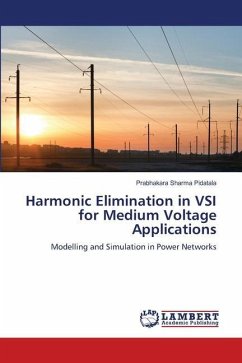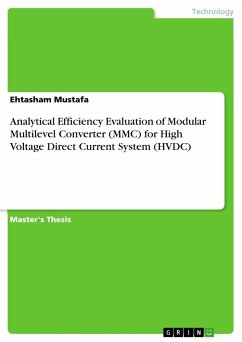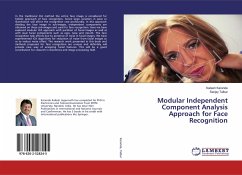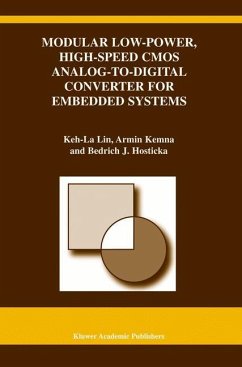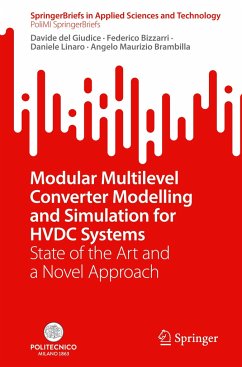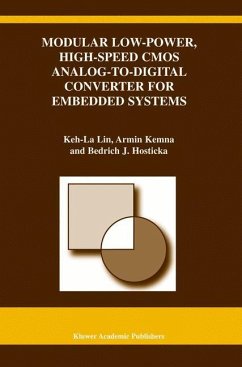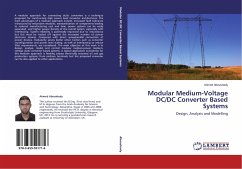
Modular Medium-Voltage DC/DC Converter Based Systems
Design, Analysis and Modelling
Versandkostenfrei!
Versandfertig in 6-10 Tagen
32,99 €
inkl. MwSt.

PAYBACK Punkte
16 °P sammeln!
A modular approach for connecting dc/dc converters is a technique proposed for constructing high power level converter architectures. The main advantages of a modular approach include, increased fault tolerance introduced by redundant modules, standardization of components leading to reduced manufacturing cost and time, power systems can be easily expanded, and higher power density of the overall system, especially with interleaving. System reliability is potentially improved due to redundancy but this must be traded off against the increased number of power electronic devices. Compared with d...
A modular approach for connecting dc/dc converters is a technique proposed for constructing high power level converter architectures. The main advantages of a modular approach include, increased fault tolerance introduced by redundant modules, standardization of components leading to reduced manufacturing cost and time, power systems can be easily expanded, and higher power density of the overall system, especially with interleaving. System reliability is potentially improved due to redundancy but this must be traded off against the increased number of power electronic devices. Compared with direct series/parallel connection of power devices, modularity serves better when factors such as converter reconfiguration and power level scaling, as well as interleaving to reduce filter requirements, are considered. The main objective of this work is to design, analyse, model and control modular medium-power medium-voltage dc/dc converter based systems. A typical application considered for this modular approach is feeding subsea electrically actuated oil and gas production systems, from onshore terminals, but the proposed converter can be also applied to other applications.



